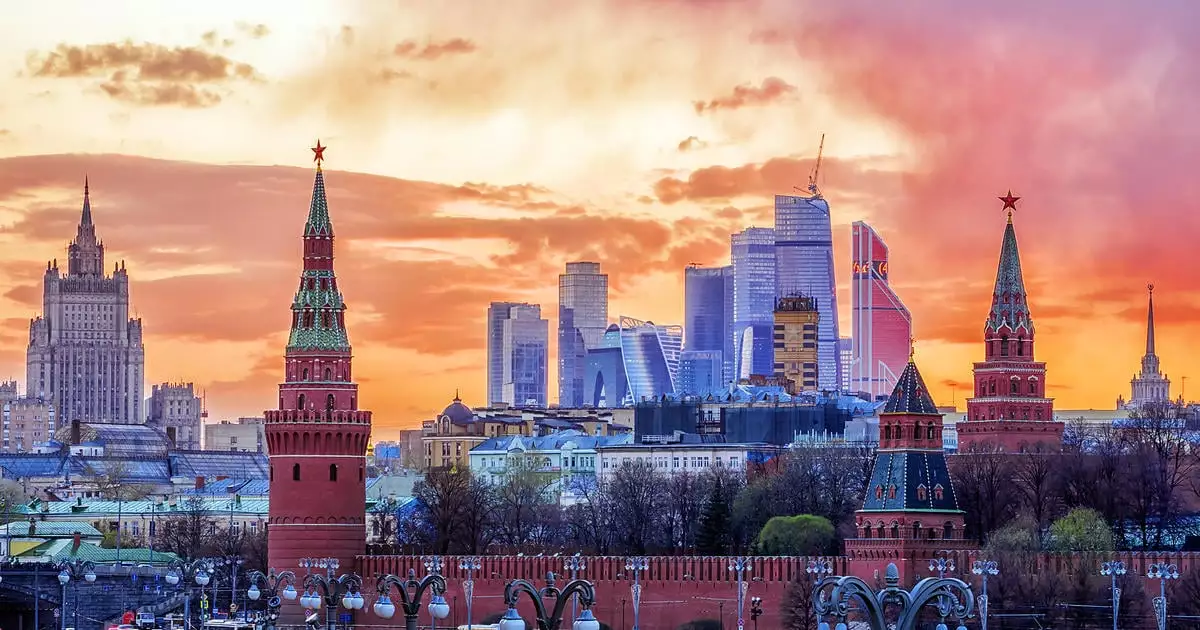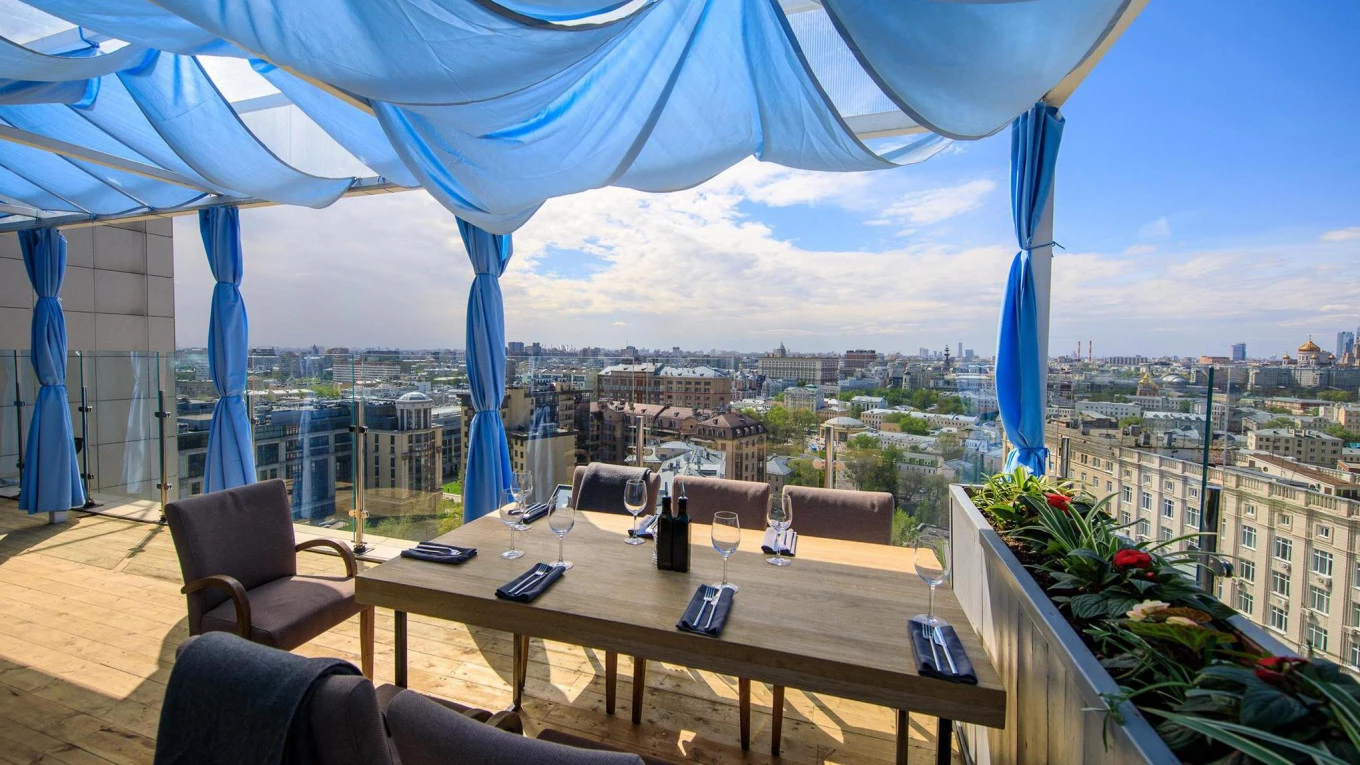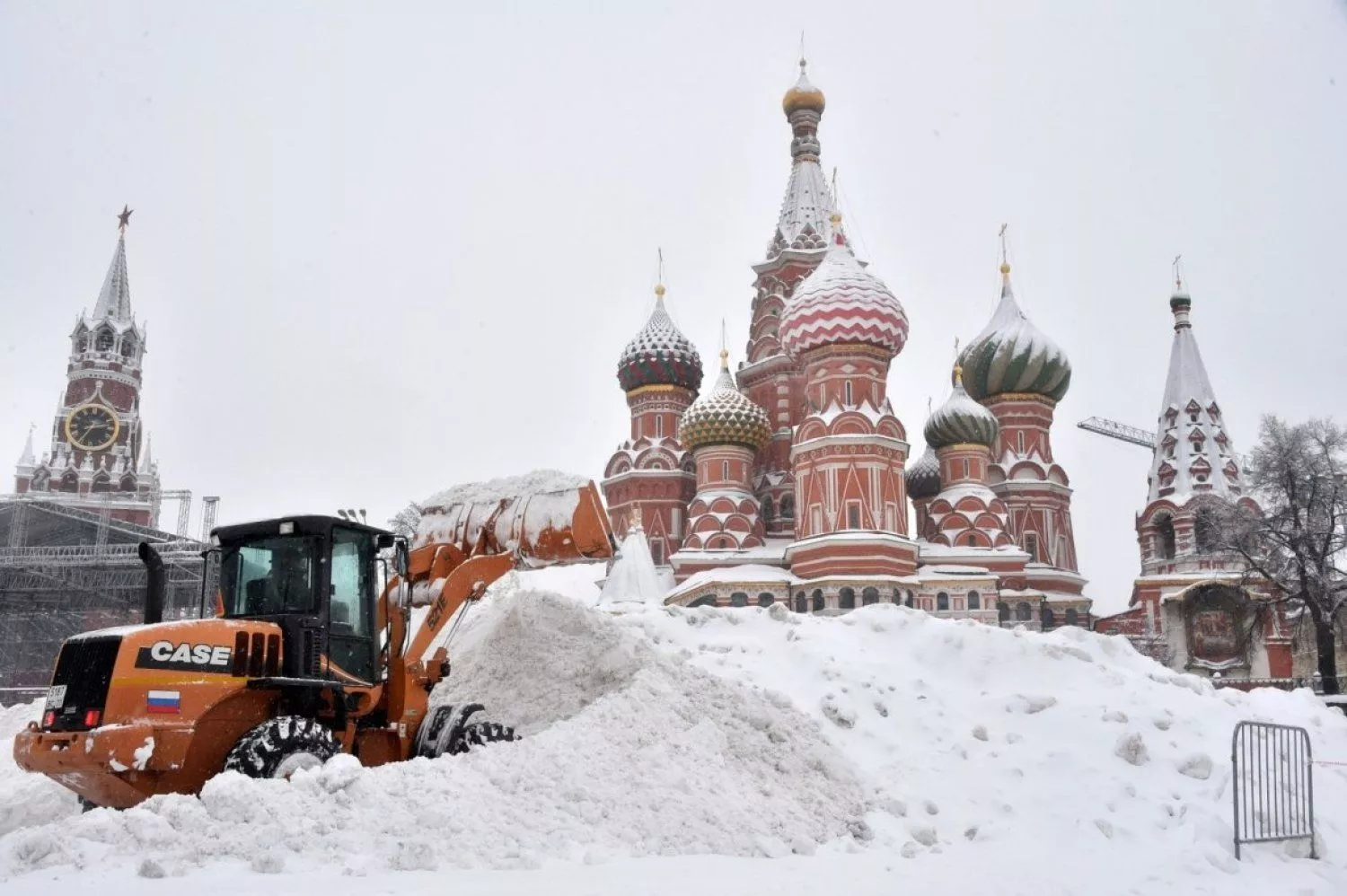So you visited Russia and fell in love ?

Living in Russia may seem a daunting prospect to many at first but this truly amazing country can offer expats a unique life experience.
The Russian Federation is the largest country in the world, spanning 9 different time zone and covers an area that is almost twice the size of the USA. It has an approximate population of 142 million people.
Whatever your reasons for wanting to pack up your belongings and relocate to Russia, you’re going to need to do your homework before you think about departing. For the purpose of this article, let’s assume you’ve done the obvious and most important– your visa preparation. What’s the next step will be to immigrate and start living ithe life in Russia? So let’s find out!
▎Relocating to Russia: Tips and Recommendations
Relocating to a new country is an exciting yet challenging endeavor. For those considering a move to Russia, understanding the culture, navigating the bureaucracy, and adapting to the lifestyle are crucial for a successful transition. This guide will provide insights, tips, and recommendations for anyone thinking about relocating to Russia.
Relocating to a new country is an exciting yet challenging endeavor. For those considering a move to Russia, understanding the culture, navigating the bureaucracy, and adapting to the lifestyle are crucial for a successful transition. This guide will provide insights, tips, and recommendations for anyone thinking about relocating to Russia.
▎1. Understanding Russia
▎Geography and Climate
Russia is the largest country in the world, spanning eleven time zones and a variety of climates. From the tundra of Siberia to the temperate regions of Moscow and St. Petersburg, the climate can vary significantly. Be prepared for harsh winters, especially if you’re moving to northern regions. Research the specific area you plan to move to in order to understand its climate and geography.
▎Culture and Language
Russian culture is rich and diverse, influenced by its long history and various ethnic groups. Familiarizing yourself with Russian customs, traditions, and social norms will help you integrate more smoothly into society. The Russian language is essential for daily life; while some people in major cities speak English, it’s advisable to learn basic Russian phrases to navigate social situations and bureaucratic processes.
▎2. Preparing for the Move
▎Research and Planning
Before relocating, conduct thorough research about your chosen city. Consider factors such as cost of living, housing options, job opportunities, healthcare facilities, and educational institutions if you have children. Websites like Numbeo can provide insights into living costs in different Russian cities.
▎Visa Requirements
Obtaining the correct visa is one of the most critical steps in relocating to Russia. Depending on your purpose for moving (work, study, family reunification, etc.), you will need to apply for the appropriate visa type. The process can be complex and may require documentation such as an invitation letter from a Russian host or employer.
• Work Visa: If you plan to work in Russia, securing a job offer before applying for a work visa is essential. Your employer will typically assist with the visa application process.
• Student Visa: If you’re moving for educational purposes, you’ll need a student visa, which usually requires proof of enrollment in a Russian educational institution.
• Family Visa: For those relocating to join family members, a family reunion visa may be applicable.
▎Health Insurance
Healthcare in Russia can vary in quality depending on the region. As a foreigner, it’s advisable to obtain international health insurance that covers you during your stay. Familiarize yourself with local healthcare facilities and consider registering with a local doctor once you arrive.

▎3. Finding Accommodation
▎Types of Housing
Russia offers various housing options ranging from apartments (квартиры) in urban areas to dachas (country houses) outside cities. When searching for accommodation:
• Renting: Websites like Cian.ru or Avito.ru can help you find rental properties. Consider working with a local real estate agent who understands the market.
• Buying: If you plan to stay long-term, purchasing property may be an option. Be aware of legal requirements and processes involved in buying real estate as a foreigner.
▎Neighborhoods
Research neighborhoods based on your lifestyle preferences. Major cities like Moscow and St. Petersburg have diverse districts catering to different demographics. Look for areas with good public transport access, amenities, and safety.
▎4. Employment Opportunities
▎Job Market
The job market in Russia can be competitive, especially in major cities. Industries such as IT, engineering, finance, education, and tourism often seek foreign professionals. Utilize online job portals like HeadHunter.ru or LinkedIn to search for opportunities.
▎Networking
Building a professional network is crucial for finding job opportunities in Russia. Attend industry events, join expat groups on social media, or participate in local meetups to connect with professionals in your field.
▎Language Skills
While many companies value English-speaking employees, having proficiency in Russian will significantly enhance your employability and help you integrate into the workplace culture.
▎Language Skills
While many companies value English-speaking employees, having proficiency in Russian will significantly enhance your employability and help you integrate into the workplace culture.

▎5. Adapting to Life in Russia
▎Cultural Etiquette
Understanding cultural norms is vital for building relationships in Russia. Here are some tips:
• Greetings: A firm handshake is customary when meeting someone for the first time. Maintain eye contact as it conveys confidence.
• Hospitality: Russians are known for their hospitality. If invited to someone’s home, bring a small gift (flowers, chocolates) as a token of appreciation.
• Dining Etiquette: When dining out or at someone’s home, wait for the host to start eating before you do. It’s polite to finish everything on your plate.
▎Public Transportation
Russia has an extensive public transportation system, including buses, trams, and metro systems in major cities. Familiarize yourself with local transportation options and consider obtaining a transport card for convenience.
▎Safety
While Russia is generally safe for expatriates, it’s wise to remain vigilant, especially in crowded areas or tourist hotspots. Keep your belongings secure and be cautious when using ATMs.
▎6. Legal Considerations
▎Registration
Upon arrival in Russia, you must register your residence within seven days. This process is typically handled by your landlord if renting or by your employer if working. Failing to register can result in fines or legal issues.
▎Taxes
Understand the tax implications of living and working in Russia. As a foreigner, you may be subject to different tax regulations than locals. Consult with a tax advisor familiar with Russian tax laws to ensure compliance.
▎7. Building a Social Life
▎Expats Communities
Joining expat communities can provide valuable support during your transition. Look for local expat groups on social media platforms or forums where you can connect with others who have gone through similar experiences.
▎Language Exchange
Participating in language exchange programs can help you improve your Russian skills while meeting new people. Many cities have language cafes or exchange events where locals and foreigners gather to practice languages.
▎Exploring Local Culture
Immerse yourself in Russian culture by exploring museums, theaters, and cultural festivals. Engaging with locals through community events or classes (dance, cooking) can enhance your understanding of Russian traditions.
▎8. Embracing Challenges
▎Overcoming Culture Shock
Relocating to a new country often comes with culture shock. Be prepared for feelings of homesickness or frustration as you adapt to a new environment. Allow yourself time to adjust and seek support from friends or fellow expats when needed.
▎Staying Positive
Maintaining a positive attitude will help you navigate challenges more effectively. Embrace the adventure of living in a new country and view obstacles as opportunities for growth.
▎Conclusion
Relocating to Russia can be a rewarding experience filled with personal growth and cultural enrichment. By conducting thorough research, understanding legal requirements, adapting to cultural norms, and building a supportive network, you can make your transition smoother and more enjoyable.
As you embark on this journey, remember that patience and openness are key. Embrace the unique experiences that come with living in Russia and take advantage of all that this fascinating country has to offer. With careful planning and a positive mindset, you’ll find yourself thriving in your new home.

